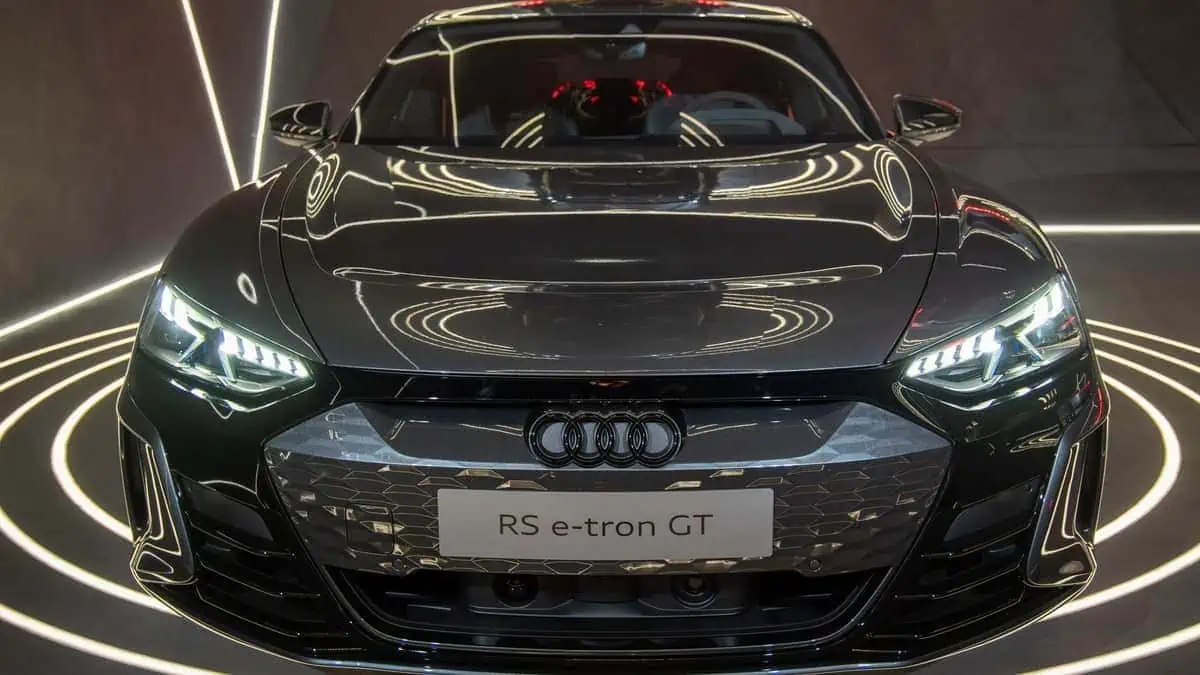South Korean automotive parts company Hyundai Mobis has just announced plans to further expand its investment in electric vehicle components and semiconductors in 2024, Yonhap News Agency reported.
Hyundai Mobis seeks to become a major player in EV tech
Hyundai Motor Group’s auto parts unit formally declared its new strategy on Thursday during Mobis Mobility Day in Silicon Valley. The company took the opportunity to reveal its remarkable technological innovations and business plans with its partners.
Mobis Ventures Silicon Valley’s official Mitchell Yun asserted that the company aims to boost its EV parts-related investments this year as it seeks to become a major player in the global industry.
According to the said official of the company’s Silicon Valley hub, such projects will account for about 70% of the total investment. This rate apparently indicates a notable increase from the current 50%.
Unfortunately, Yun did not disclose the specific amount of the planned investment.
Combatting challenges in chip shortage
Apart from the EV parts investment, Yun also outlined the company’s plans to increase spending on automotive chips to secure a solid supply after recent shortages.
The company official shared that Hyundai Mobis mulls investing not only in startup companies but also in already-listed ones.
Interestingly, Hyundai Mobis’ move to expand its EV parts and chips investment seems to have affected its plans for autonomous driving technologies. According to the report, the company now aims to substantially cut its investment in this endeavor due to the current constraints and costs of achieving a fully autonomous system.
Potential advantages
Hyundai Mobis’ strategy to boost its investment in EV components and auto chips can significantly aid the shift to electric vehicles.
The company can substantially help alleviate current supply chain constraints in electric vehicle components like batteries and motors. An increase in the supply of such components could potentially result in more EV production and lower costs for electric automakers. In effect, EVs may become more affordable to global customers.
In addition, an intensified focus on automotive chip production can ease global chip shortage amid the growing number of EVs on the roads. It can also enable electric automakers to streamline production and reduce wait times for their buyers.






